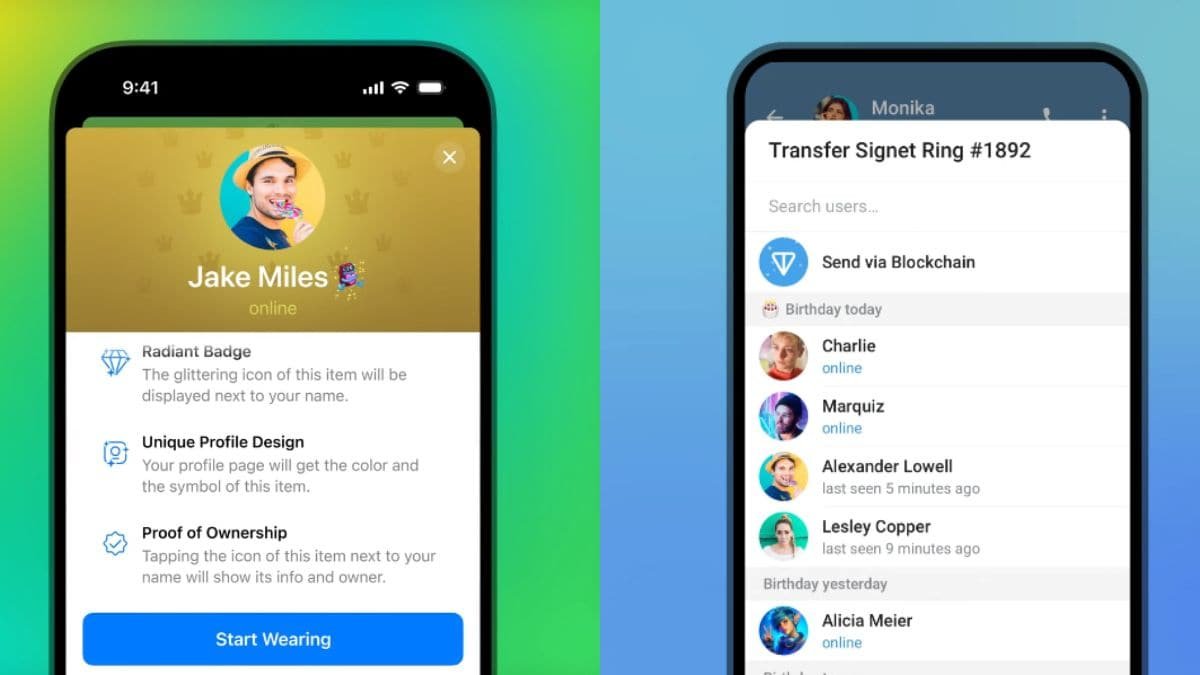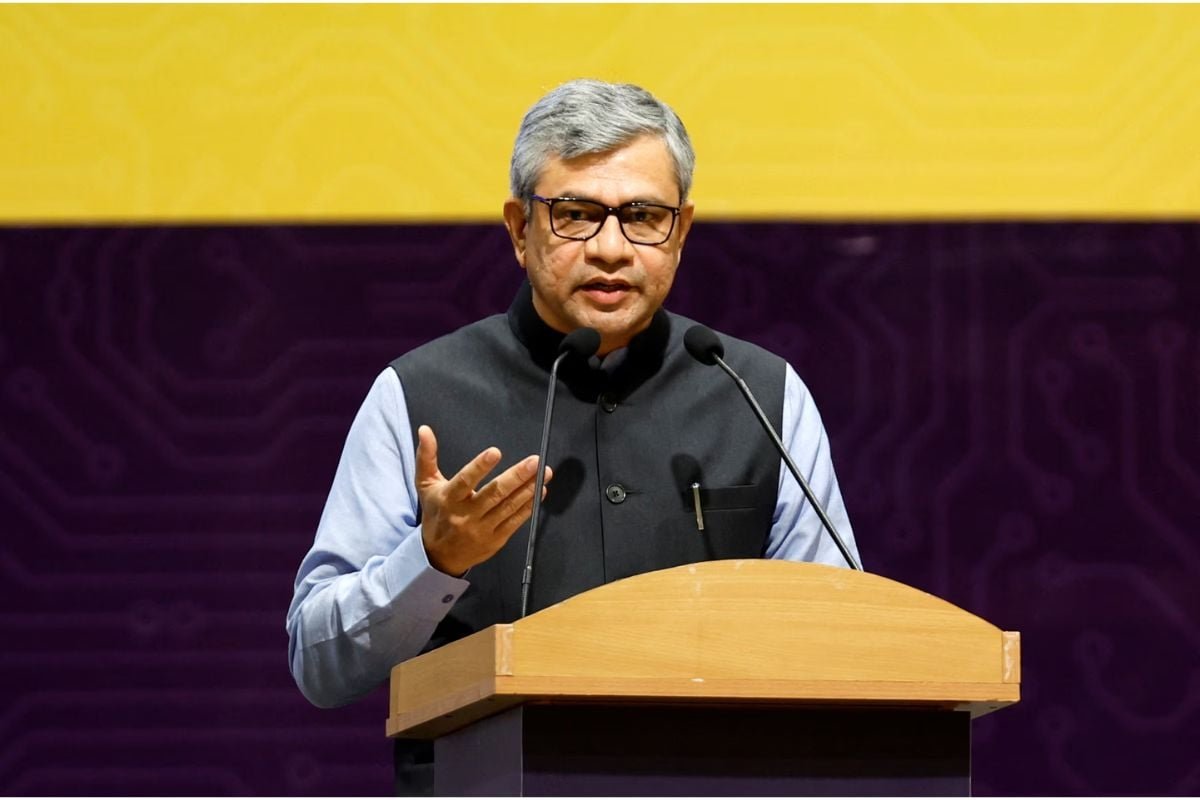Today, digital arrests are increasing rapidly. Despite warnings from central governments and agencies, people are falling into the traps of hackers. Recently, the government blocked 17,000 WhatsApp numbers over this matter. This new digital arrest is so shocking that the person who was deceived was not an ordinary person but a student of IIT Bombay. This case is also scary, because if a student from the top science and technology college in the country can be deceived in this way, then ordinary people can easily fall into the trap of scammers.
How did the fraud occur?
A 25-year-old student studying at IIT Bombay received a call from an unknown number, in which the scammer introduced himself as an official from TRAI (Telecom Regulatory Authority). The scammer pretended to be a TRAI official and told the student that a complaint of illegal activity had been received against his number and therefore his number would be deactivated. If he wants to keep his number valid, he must carry a No Objection Certificate (NOC) from the police. Meanwhile, a hacker posing as a TRAI official diverted calls from students to a fake cybercrime unit.
During the video call, the student saw a young man wearing a police uniform. Before the student knew anything, the scammer on the phone accused him of money laundering. His Aadhaar number was asked and he was asked to pay UPI Rs 29,500 to avoid arrest. Pressure mounted on the young man, who was told he had been digitally arrested. In return, ask for more money. Moreover, it is said that he will not contact anyone during this time.
Fearing arrest and defamation, the young man provided his bank details to the hackers, through which Rs 7.29 lakh was transferred. After the call was hung up, the young man Googled “digital arrest” and realized he had been scammed.
How to avoid it?
Today, digital arrests have become commonplace. To avoid this, first you have to ignore calls from any unknown number. Many times, hackers use deepfake videos and AI-generated voices to give the impression that you are talking to the right person. In this case, you must remain calm and do not panic at all. Many times, fear of defamation leads people to accept whatever the hacker says, and big scams happen.
Recently, Prime Minister Modi has also given instructions to take digital arrests seriously and take strict measures. The Department of Telecommunications (DoT) and TRAI are constantly warning people through social media accounts and text messages to avoid digital arrests. Hackers use social engineering and people’s fears to deceive them. Digital arrest can only be avoided if people remain vigilant.
Also Read – Redmi Note 14 series prices of all models leaked ahead of launch, will ring in India on this day







